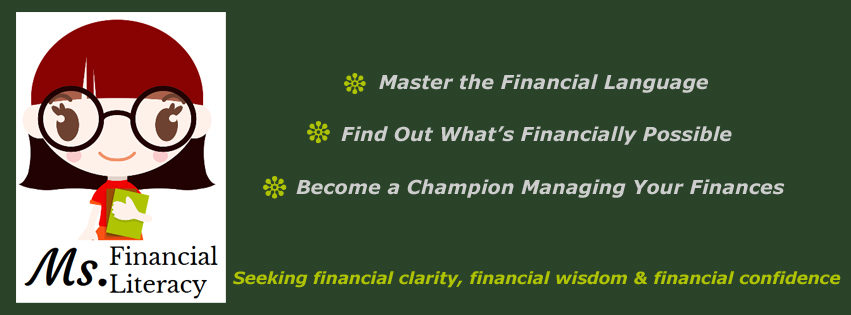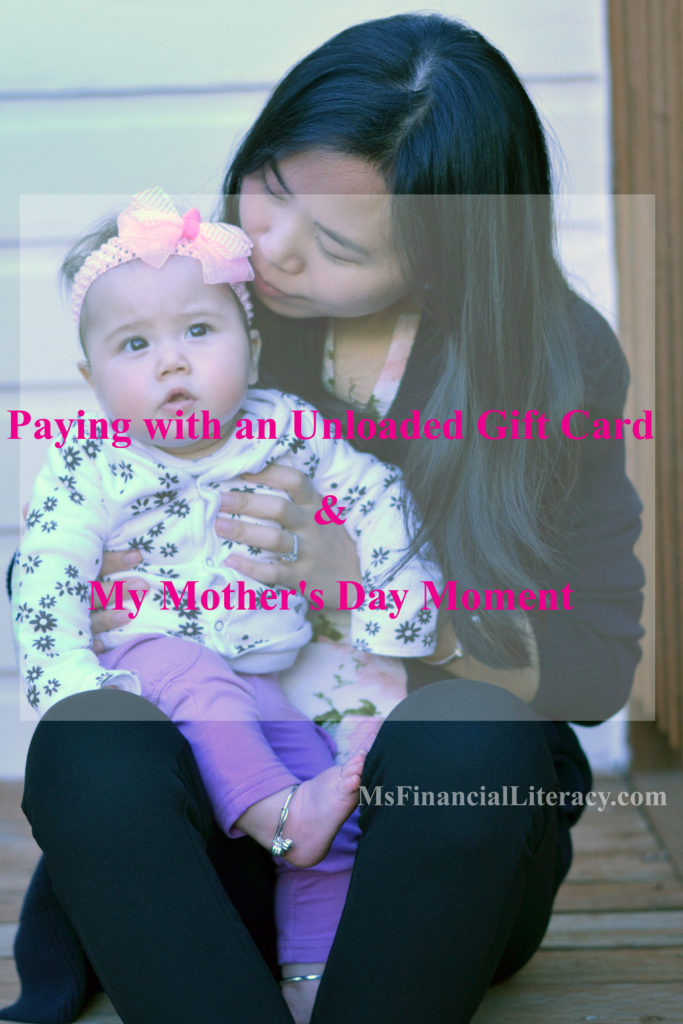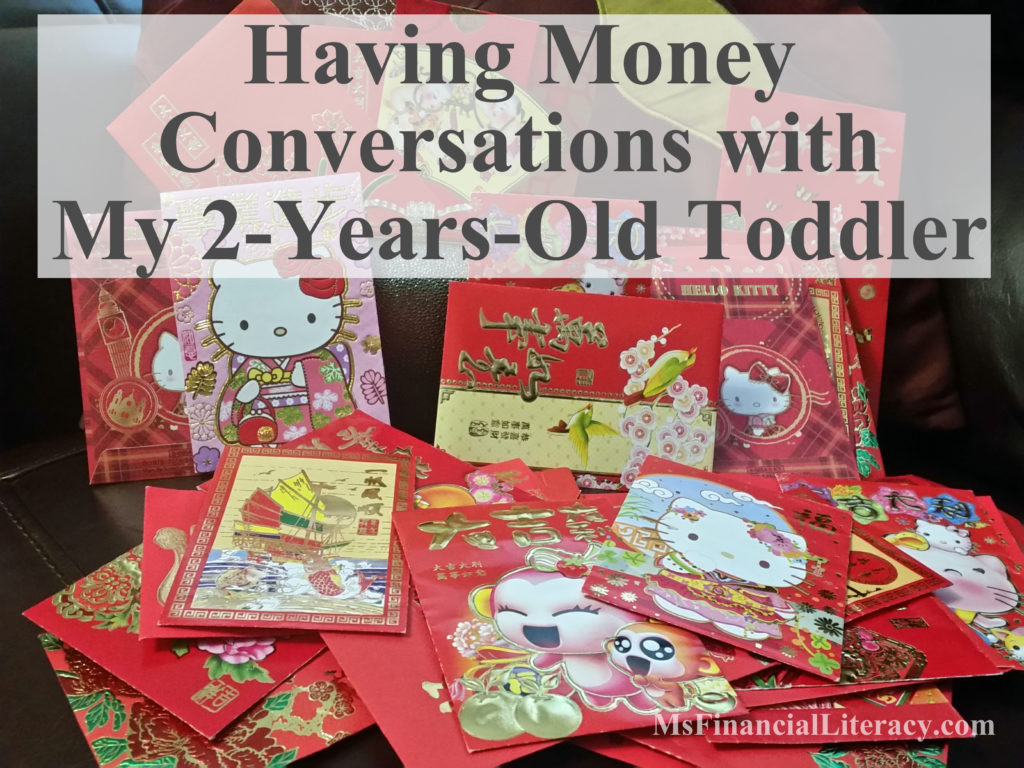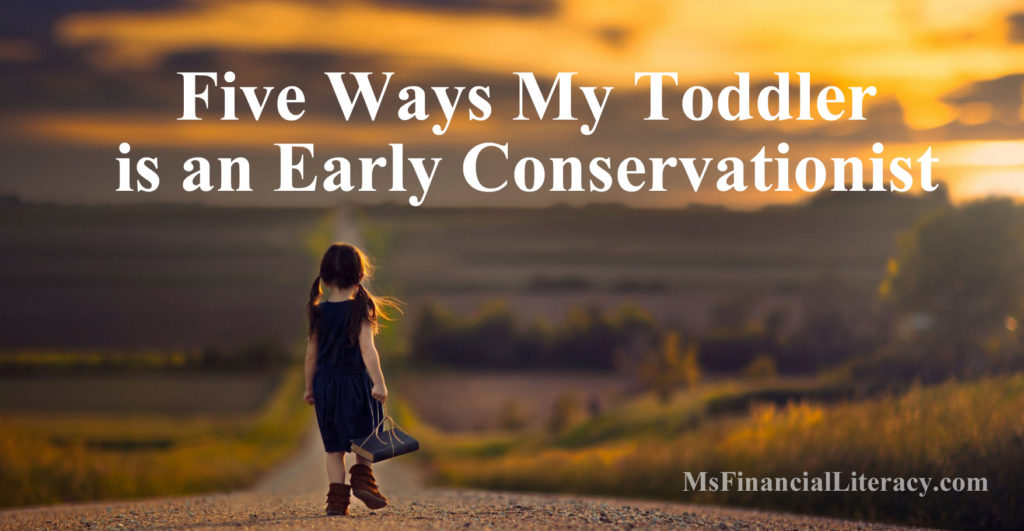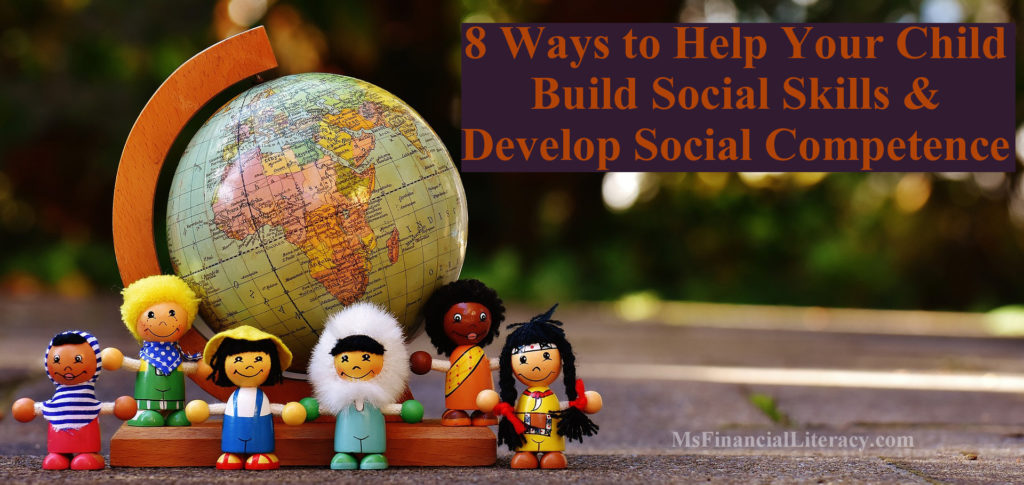My family and I recently visited Washington D.C. One day, my daughter and I had an engaging conversation on money, exchange and delayed gratification. And I’ve decided to share that conversation here in hope that you and your children might benefit.
The Situation
The conversation occurred as the three of us were walking along the National Mall, while passing by the carousel. My soon-to-be-3-years-old toddler loves carousels and Ferris wheels. As anticipated, Ruby asked me if she could ride the carousel. I fell conflicted. On the one hand, I wanted her to join the other kids in the carousel area and have an even greater time during our visit. On the other hand, we were pressed for time as we had already made plans with other family members for dinner and a nighttime bus tour.
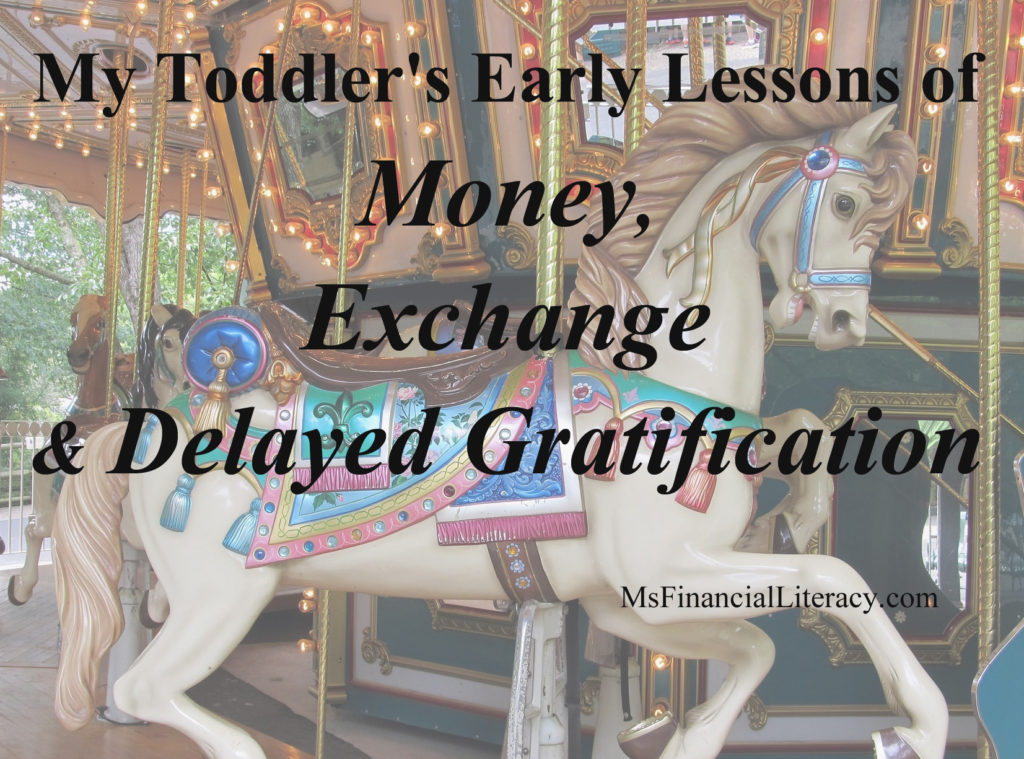
I didn’t want to just respond to Ruby with a plain “no”. The three of us were having a great day, and I wasn’t going to let that moment ruin the beautiful memory. I had to quickly come up with a strategy to distract her, and give her enough reasoning to move along (both physically and emotionally). All meanwhile, conveying my words and wishes in a manner that she’d understand.
Moreover, I didn’t want to do a quick fix. I have learned that Ruby’s memory is pretty good nowadays. There were times in the past when I didn’t do a good job explaining to my daughter why she was denied of something, and she’d cry on and off for 30 plus minutes until her feelings got resolved. I wasn’t going to let something similar happen right there then.
The Conversation
Below detailed how the conversation went (in Mandarin):
